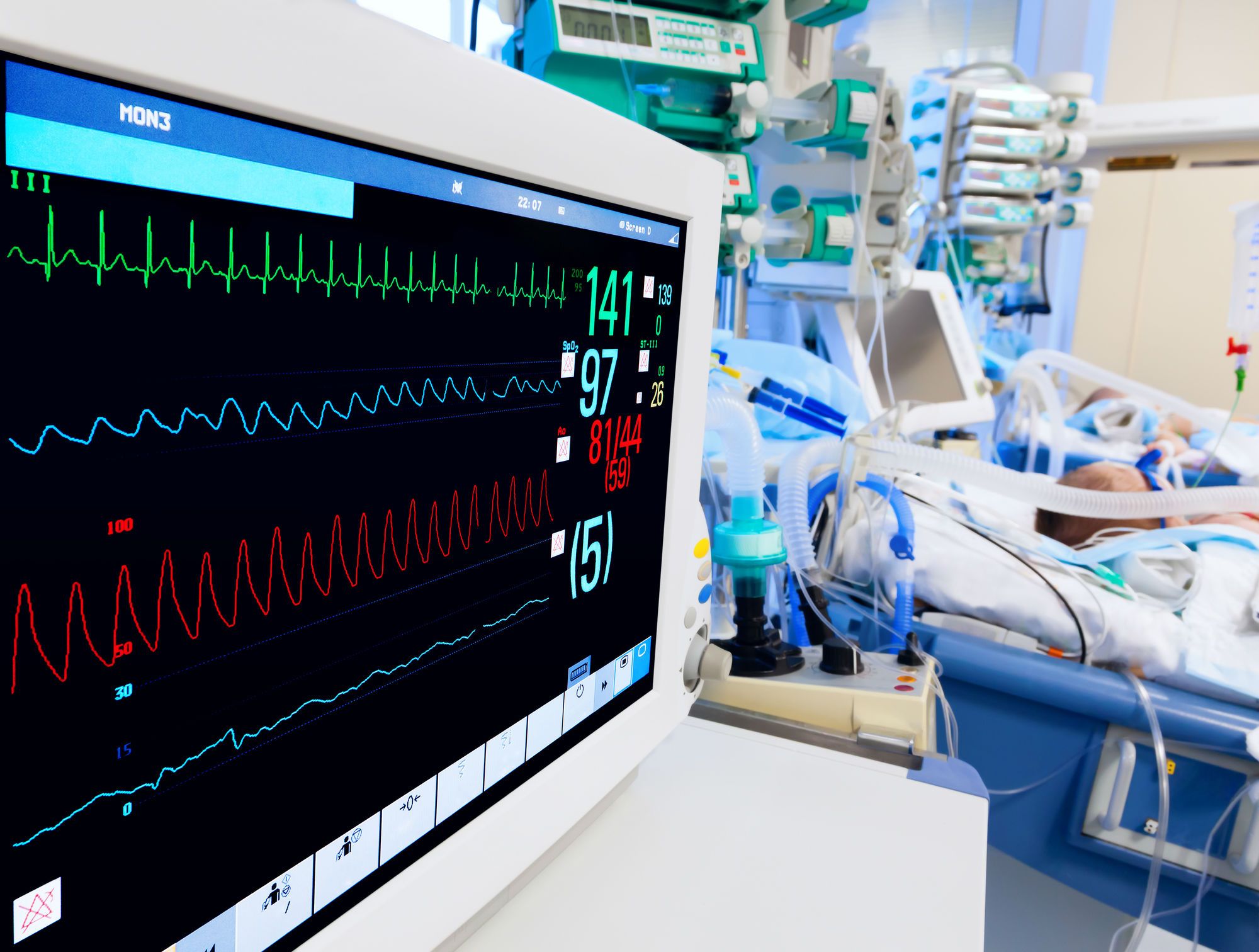Top Class Actions’s website and social media posts use affiliate links. If you make a purchase using such links, we may receive a commission, but it will not result in any additional charges to you. Please review our Affiliate Link Disclosure for more information.

Unfortunately, some doctors have prescribed it before trying patients on other drugs, allegedly at the behest of drug companies who have supposedly been misleading them about the dangers of amiodarone.
What is Amiodarone?
Sold under brand names that include Cordarone, Nexterone and others, amiodarone is indicated for a range of heart conditions known as arrhythmias, or irregular heartbeart, such as:
- atrial fibrillation (AT, or “a-fib”)
- paraoxymal supraventricular tachycardia (PVST)
- ventricular fibrillation (VF)
- ventricular tachycardia (VT)
- wide complex tachycardia
Originally introduced in 1962 for the treatment of angina pectoris (general chest pain due to insufficient blood flow to the heart), it was pulled from the market six years later because of its side effects. However, in 1974, the drug was reintroduced after it was found to be effective for treating arrhythmia. Amiodarone’s mechanism of action delays the period between contractions of the heart muscle.
Everyday Health explains that amiodarone first received FDA approval in 1985 under the brand-name Pacerone. The drug was manufactured first by Wyeth Pharmaceuticals, which was acquired by Pfizer. Now, it is available both in its brand-name form and its generic form.
What are the Side Effects of Amiodarone?
Common and relatively minor side effects are:
- generalized fatigue
- tremors
- nausea
- constipation
Serious side effects include:
- lung disease (fibrosis and interstitial pneumonitis, or inflammation of lung tissue)
- liver damage (jaundice, abnormal enzyme levels, hepatitis and liver enlargement)
- eye injuries (whorl keratopathy)
- thyroid disorders (hyper or hypothyroidism)
- cancer
The concerns over the possible health risks associated with Amiodarone are serious enough for the drug to be required to bear two black-box warnings. Black-box warnings are the FDA’s most serious warnings associated with drugs.

Allegedly, the drug can cause sudden death or potentially deadly side effects including lung damage, liver damage, or irregular heartbeats. Because amiodarone may be linked to a worsening arrhythmia, the FDA notes that patients who are taking amiodarone for irregular heartbeats are often required to get their first dose a the hospital so they can be observed. This allows the physician to ensure that the drug works safely for the patient, and improves their condition.
As the drug may be linked to multiple serious side effects, the FDA advises that it should only be used in the case of patients with serious arrhythmias. Healthline notes that taking some antibiotics with amiodarone may increase a patient’s risk for developing an irregular heartbeat. Amiodarone used for arrhythmia can also actually exacerbate the condition, causing it to become more serious. These serious side effects are why the FDA has approved amiodarone only as a treatment of last resort.
Healthline explains that the drug is commonly used in its oral tablet form, but also can be given as an injection in the form of a solution. In rare cases, some patients may begin their treatment with Amiodarone by being given the injection, and then continue their treatment with the oral tablet at home.
How Often is Amiodarone Used for Atrial Fibrillation?
Patients who undergo open heart surgery tend to be at an elevated risk for atrial fibrillation (AF) during the initial recovery period, according to the Mayo Clinic. Studies have found that for a brief period following such surgery, amiodarone is effective at reducing the incidence of AF. The same can be said for those suffering from acute onset atrial fibrillation; used for a short period of time, it can be effective.
However, there is little evidence to support its efficacy over the long term. To the contrary, most of the serious side effects appear to be dose-dependent, meaning the longer it is taken and the more of it that accumulates in the patient’s system, the greater the risk.
Considering the Risks, Why is Amiodarone Used for Atrial Fibrillation or Any Other Type of Arrhythmia?
Amiodarone is generally considered when other treatment options have been ineffective. In these cases, a physician must weigh the risks against the potential benefits. The problem is this caution has not always observed. Drug companies are accused of putting profits ahead of human health, encouraging doctors to prescribe it as a first-line treatment and even to treat conditions for which it is not approved.
Amiodarone Lawsuits
Several lawsuits pertaining to amiodarone have been filed by patients who have been harmed or by their families. One man whose family claims he was given an inaccurate amount of the drug died from amiodarone toxicity over the course of several months. Unfortunately, amiodarone toxicity is often irreversible. His wife and daughter claim that he was incorrectly dosed, leading to a higher level of the drug in his body than was safe.
Another family has filed a lawsuit regarding the drug after they claim that doctors prescribed amiodarone despite the man being allergic to the medication. He died of respiratory failure due to lung disease caused by exposure to the medication.
Victims of amiodarone side effects including lung toxicity may be able to pursue compensation and justice for these injuries. Families whose loved ones have died after taking amiodarone may be able to pursue compensation for wrongful death.
If you or a loved one suffered from a serious amiodarone side effect, you may qualify to join this amiodarone toxicty lawsuit investigation. Filing an amiodarone lawsuit may help you recover some of the medical costs and lost wages associated with the amiodarone injury. See if you qualify by filling out the form on this page for a free case evaluation.
ATTORNEY ADVERTISING
Top Class Actions is a Proud Member of the American Bar Association
LEGAL INFORMATION IS NOT LEGAL ADVICE
Top Class Actions Legal Statement
©2008 – 2024 Top Class Actions® LLC
Various Trademarks held by their respective owners
This website is not intended for viewing or usage by European Union citizens.
Get Help – It’s Free
Join a Free Amiodarone Toxicity Lawsuit Investigation
If you qualify, an attorney will contact you to discuss the details of your potential case at no charge to you.
PLEASE NOTE: If you want to participate in this investigation, it is imperative that you reply to the law firm if they call or email you. Failing to do so may result in you not getting signed up as a client or getting you dropped as a client.
E-mail any problems with this form to:
Questions@TopClassActions.com.
Oops! We could not locate your form.












